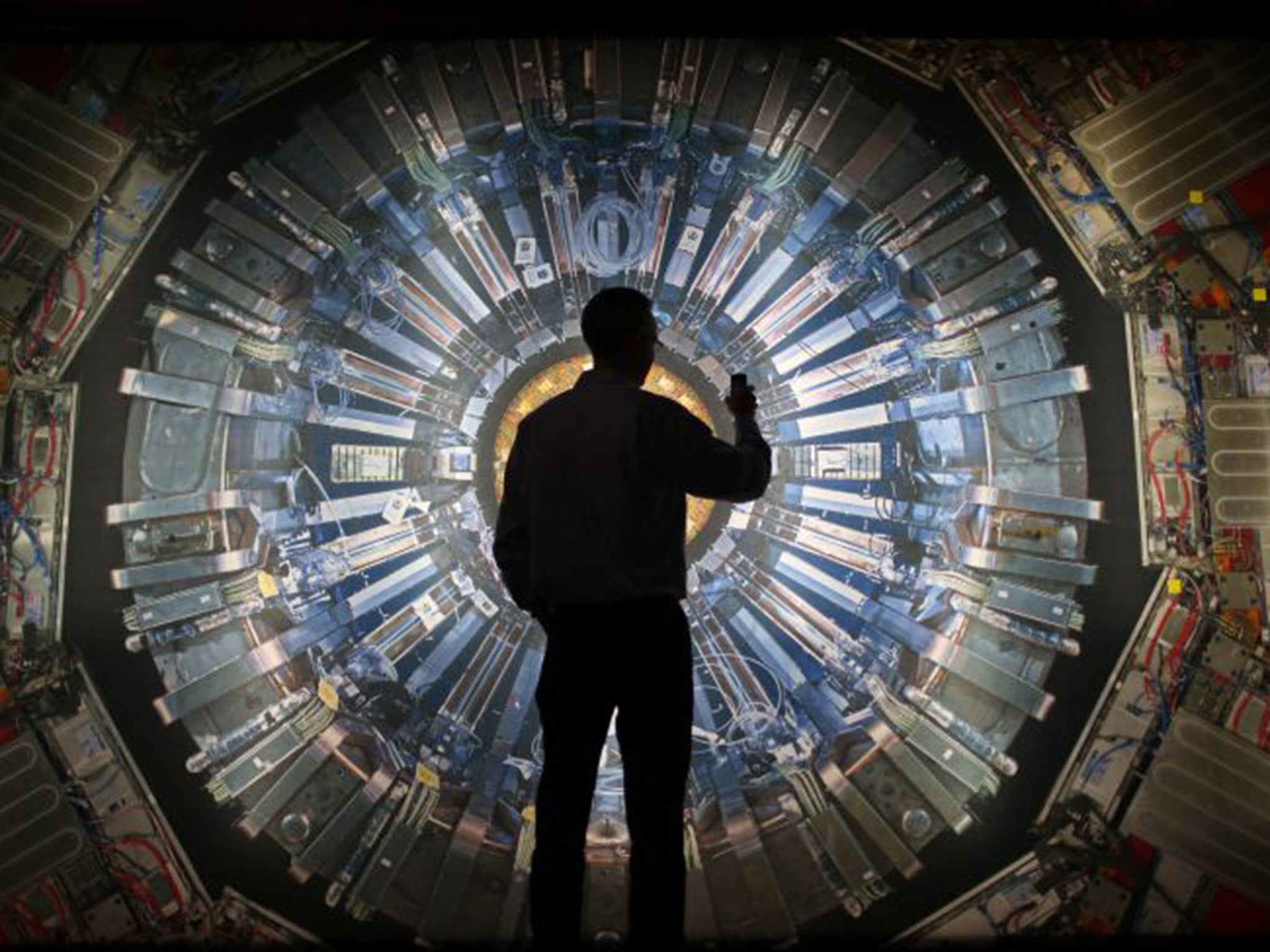EU referendum: Leading UK scientists warn against consequences of Brexit
Leaders from across scientific disciplines tell MPs leaving EU would relegate UK to bit player in worldwide research

Britain would face an exodus of the best international scientific talent and lose millions of pounds in research funding if voters decided to pull out of the European Union, some of the country’s most eminent scientists have warned. Leaders from across scientific disciplines have told MPs that leaving the EU would relegate the UK to a bit player in worldwide research.
They also warned that such a diminution of Britain’s research and development base would damage economic prosperity as the UK would be unable to exploit the technologies of the future, such as fusion energy and genomics.
Economists estimate that the innovation, research and technology sectors contribute around £7.6bn to the UK economy every year, and that for every £1 spent on science-related fields, the overall return to the wider UK economy is between about £4 and £7.
The UK receives about 25 per cent of all European Research Council (ERC) grants. And the EU’s latest scientific research and innovation programme, Horizon 2020, has made more than €80bn of funding available over the next seven years.
The scientists were giving evidence to the House of Lords Science and Technology Committee as part of its inquiry into the relationship between EU membership and the effectiveness of UK science.
They include the president of the Royal Society of Chemistry, the chief executive of the UK Atomic Energy Authority and one of the world’s leading authorities on genomics.

The committee has also heard evidence from scientists at Oxford, from the Association of Innovation, Research and Technology Organisations, and from the Institute of Physics. It is due to issue its report in the new year.
During evidence sessions the scientists warned that the UK’s research base would suffer significant and long-term damage if Britain left the EU, while pointing out the benefits of current collaboration. Professor Steve Cowley, who runs the UK’s national laboratory for fusion research – a technology that could produce 20 per cent of the world’s electricity by the end of the century – said that long-term projects such as his would not be possible outside the EU.
“At this point, we have the greatest capability for fusion in the world,” he said. “[And] that capability is supported largely by European money. Where the science gets closer to market, then access becomes harder and harder for people outside the EU.
The case for membership
• “EU funds provide for large-scale activities of expertise across multiple countries. The alternative of not being involved would result in diminishing UK engagement in key strategic collaborations in sectors such as aerospace, medicine, transport and energy, to the detriment of the nation’s competitive performance.”
Association of Innovation, Research and Technology Organisations
• “The EU is a science colossus, producing 34 per cent more science output that the US. Over the last decade, the EU has tripled its science budget, even as UK national science investment has shrunk. We are at the epicentre of this global collaborative hub. Can we maintain this if we leave the EU?”
Dr Mike Galsworthy, senior research associate at University College London and programme director of Scientists for EU
• “Since the early 1980s, the EU has become the world leader in big science. It is done in large groups, in large collaborations; it requires large instruments, [costing] billions of dollars, and that is the way you get effective science. There is no question that the European infrastructures have made us better and, by making us better, they make us collaborate with more people in the world.”
Professor Steve Cowley, chief executive of the UK Atomic Energy Authority
“One of the reasons for trying to encourage collaborations in the EU is to make sure [the] innovations the science produces come home and do not go elsewhere in the world.”
Professor Dame Janet Thornton, director emeritus of the European Bioinformatics Institute, said that in her field – analysing genetic and genomic information to tackle diseases such as cancer – projects were only possible thanks to EU scientific structures and co-operation.
“We cannot do it on our own, because it needs data for millions of people,” she said.
“If we are going to try to collaborate with 21 European member states [outside the EU] and negotiate how we do it with every one individually to share biomedical data, that is going to take a long, long time to achieve.”
Asked what would happen if the UK were to leave the EU she replied: “We would lose so much.”
Others said that if Britain were to leave the bloc, freedom of movement and work would not be automatic and many scientists would be deterred from coming to work in Britain.
“One of the possible consequences of Brexit would be that we would find it harder to recruit expert scientists and engineers,” said Professor Andrew Harrison, who heads the UK’s national synchrotron science facility.
The Out campaign has suggested that if the UK were to quit the EU it could invest its £9bn EU budget contribution in areas such as science and the NHS.
But Oxford University told the Committee that in some disciplines EU money now made up a greater proportion of funding than that received from UK Research Councils and was a “vital element for these departments and faculties”.
Join our commenting forum
Join thought-provoking conversations, follow other Independent readers and see their replies
Comments
Bookmark popover
Removed from bookmarks